A group of the top minds in AI gathered over the weekend to discuss the “posthuman transition” — a mind-bending exercise.


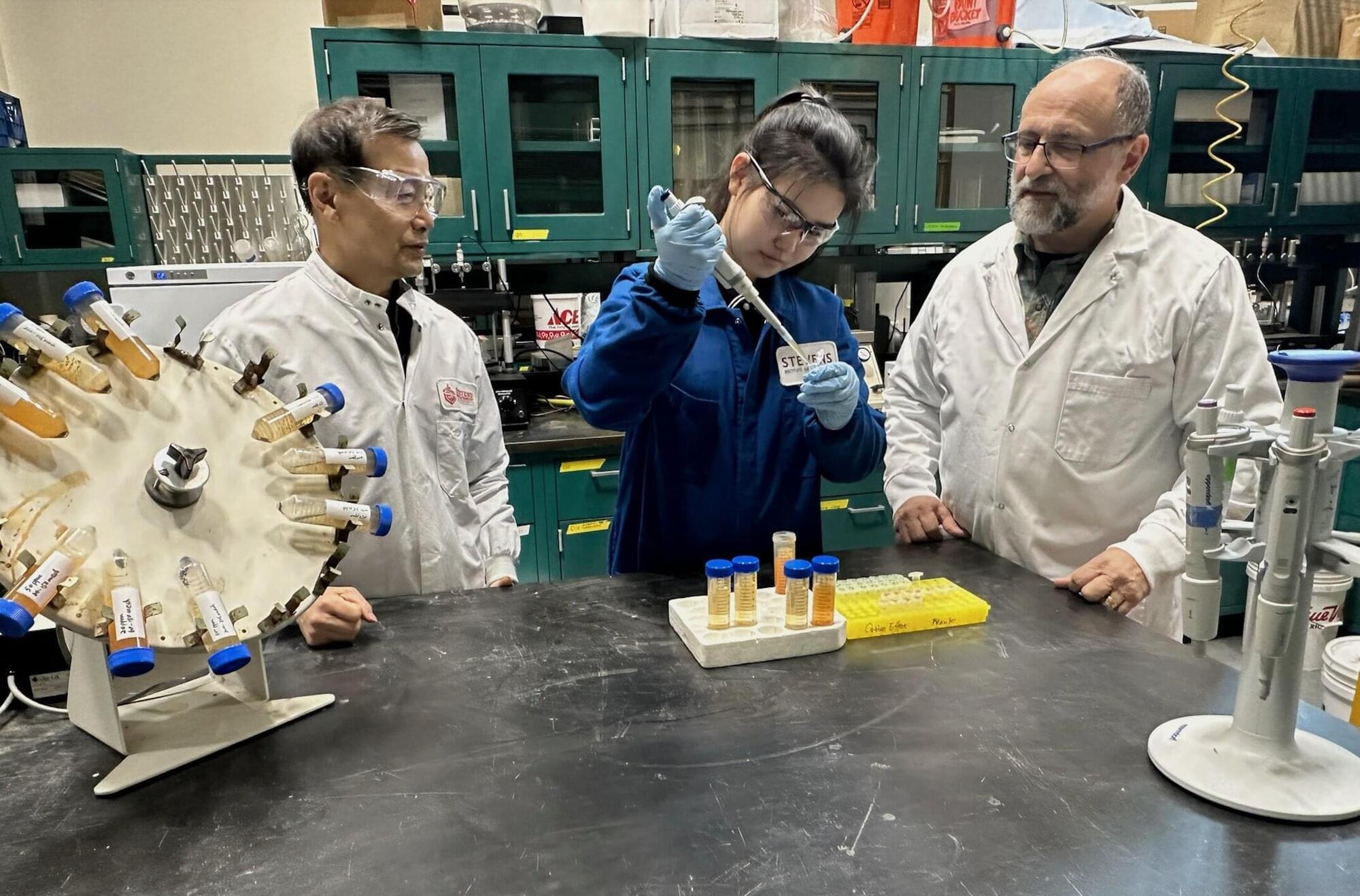
PFOS, also known as “forever chemicals,” are synthetic compounds popular for several commercial applications, like making products resistant to stains, fire, grease, soil and water. They have been used in non-stick cookware, carpets, rugs, upholstered furniture, food packaging and firefighting foams deployed at airports and military airfields.
PFOS (perfluorooctane sulfonate or perfluorooctane sulfonic acid) are part of the larger class of forever chemicals called PFAS (per-and polyfluoroalkyl substances.) Both types have been linked to a variety of health issues, including liver disease, immune system malfunction, developmental issues and cancer.
Because of their widespread use, PFOS are found in soil, agricultural products and drinking water sources, presenting a health risk. Xiaoguang Meng and Christos Christodoulatos, professors at the Department of Civil, Environmental and Ocean Engineering at Stevens Institute of Technology, and Ph.D. student Meng Ji working in their lab, wanted to identify the most efficient way to remove these toxins from the water.

You stayed up too late scrolling through your phone, answering emails or watching just one more episode. The next morning, you feel groggy and irritable. That sugary pastry or greasy breakfast sandwich suddenly looks more appealing than your usual yogurt and berries. By the afternoon, chips or candy from the break room call your name. This isn’t just about willpower. Your brain, short on rest, is nudging you toward quick, high-calorie fixes.
There is a reason why this cycle repeats itself so predictably. Research shows that insufficient sleep disrupts hunger signals, weakens self-control, impairs glucose metabolism and increases your risk of weight gain. These changes can occur rapidly, even after a single night of poor sleep, and can become more harmful over time if left unaddressed.
I am a neurologist specializing in sleep science and its impact on health.
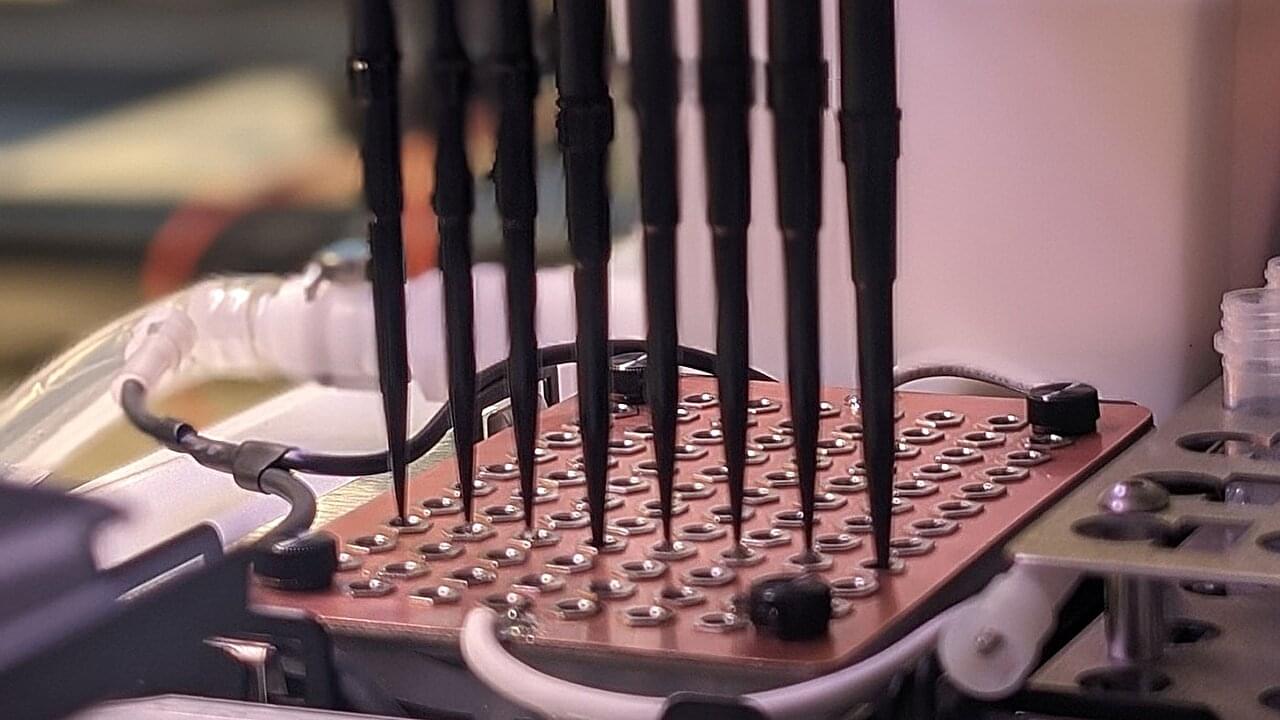
As the opioid epidemic persists across the United States, a team of researchers from Brown University has developed new diagnostic techniques for detecting opioid compounds in adults with opioid use disorder and infants with neonatal abstinence syndrome.
The new techniques, described in two recently published research studies, could equip health care workers with powerful new tools for more effectively treating conditions related to opioid exposure, the researchers say.
In a study published in Scientific Reports, the researchers describe a method that can rapidly detect six different opioid compounds from a tiny amount of serum—no more than a finger prick.
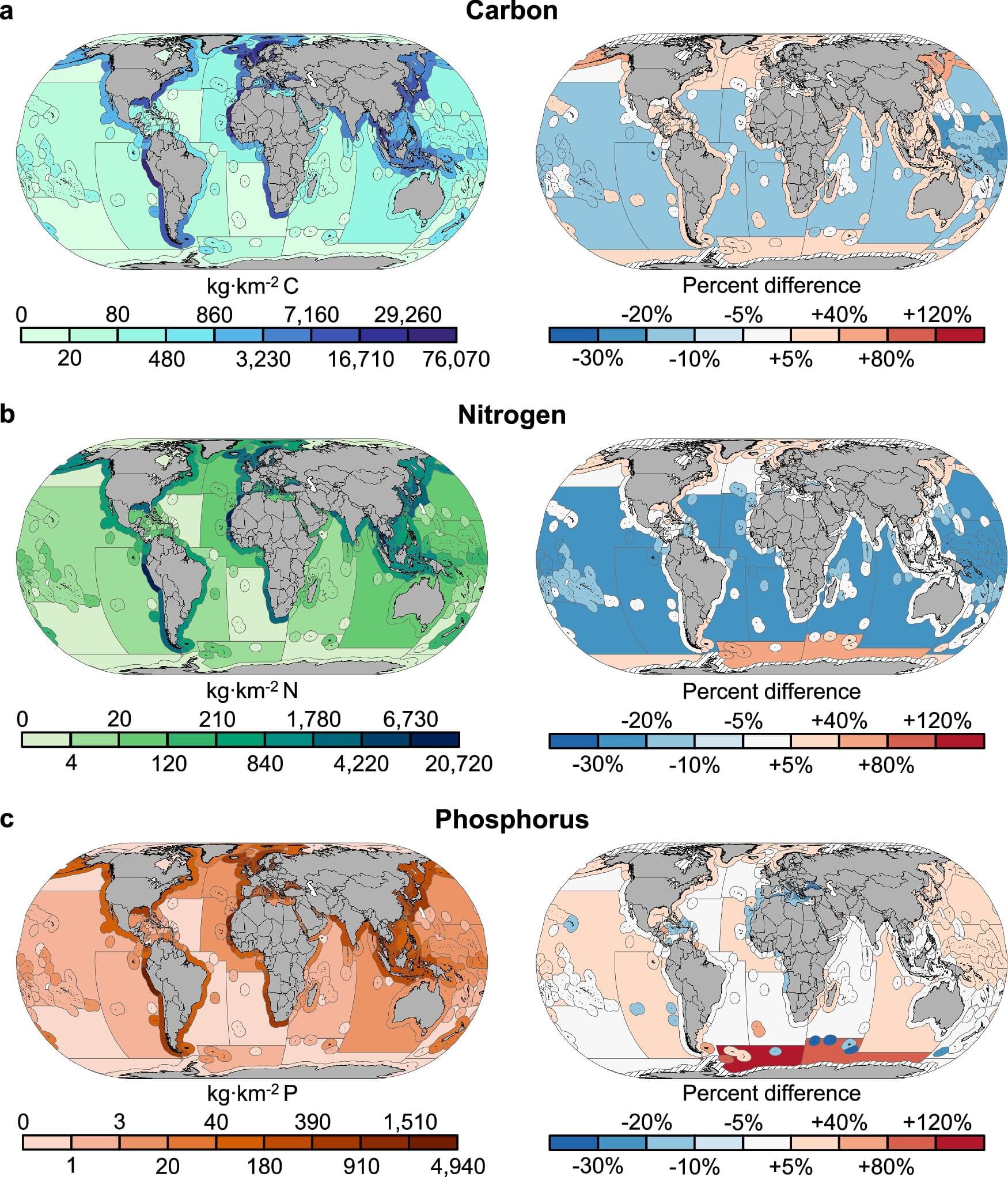
The four billion tons of marine organisms that global fisheries extracted from the ocean between 1960 and 2018 resulted in the depletion of over 560 million tons of essential nutrients vital to ecosystem health, new research has found.
In a recent paper published in the journal Communications Earth & Environment, researchers at Utah State University and the Sea Around Us initiative at the University of British Columbia estimate that industrial fisheries have removed over 430 million tons of carbon, 110 million tons of nitrogen, and 23 million tons of phosphorus from countries’ Exclusive Economic Zones and 18 high seas regions since 1960.
“Fish and other marine organisms contain specific nutrients in their bodies. By massively targeting 330 species based on consumer demand, sociopolitical factors and natural availability, industrial fisheries have altered the natural nutrient balance of marine ecosystems,” said Adrian Gonzalez Ortiz, who led the research while pursuing his master’s degree at Utah State University.
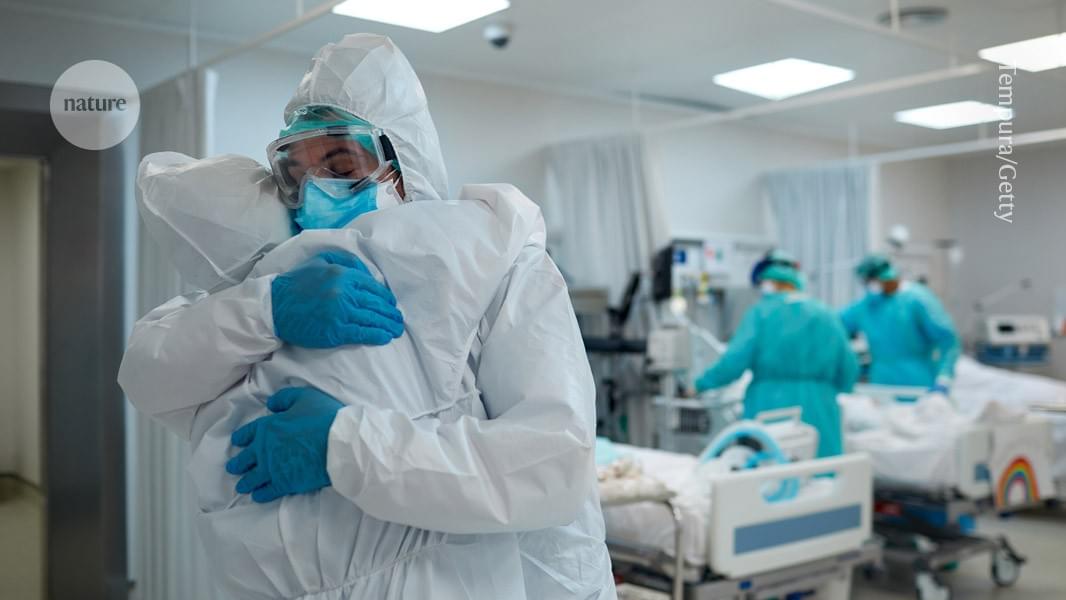

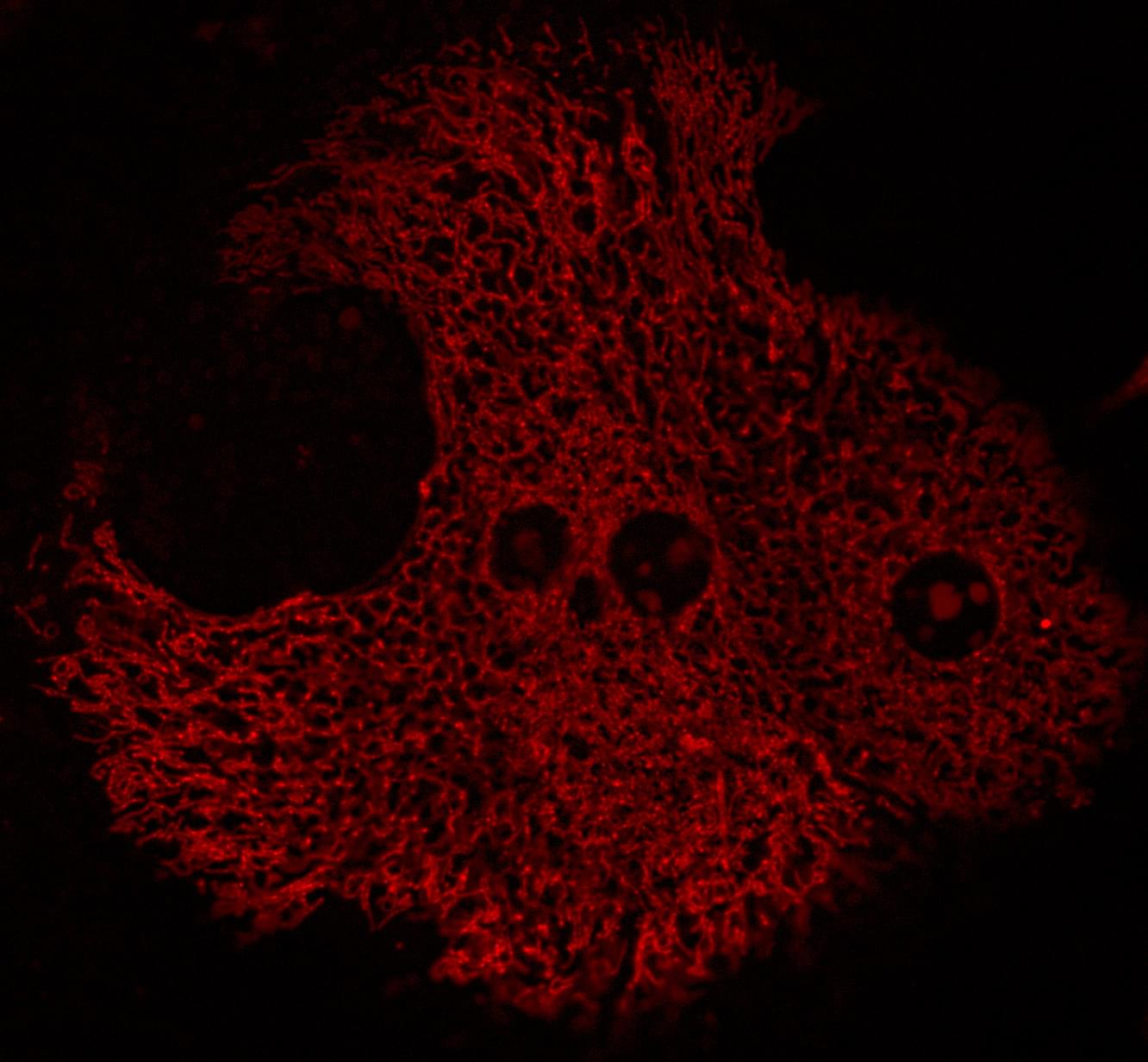
A newly discovered mechanism that leads to liver dysfunction may be a key factor in type 2 diabetes and other metabolic disorders in individuals with obesity, according to a new study led by Harvard T.H. Chan School of Public Health.
The dysfunction identified—dysregulated hepatic coenzyme Q metabolism—leads to excessive reactive oxygen species (ROS) produced by mitochondria at a single specific site in an enzyme called complex I. The researchers say the discovery offers a potential path for new, precise treatments for metabolic diseases.
“Our findings provide the first step toward solving a complex problem in the field of metabolic disease research that has stood for three decades,” said corresponding author Gökhan S. Hotamisligil, James Stevens Simmons Professor of Genetics and Metabolism.

Wastewater generated by animal farms poses a significant environmental risk, as it can pollute soil and groundwater and can be hazardous to human health. However, animal farm wastewater also contains carbon and many other nutrients. What if we could extract the carbon and nutrients and then release treated water back into the environment?
That’s the future envisioned by Prathap Parameswaran, an associate professor at Kansas State University who researches how to use environmental biotechnology platforms for biological wastewater treatment and sustainable resource recovery.
ABPDU and Kansas State University researchers make progress on extracting useful products from animal farm wastewater.
